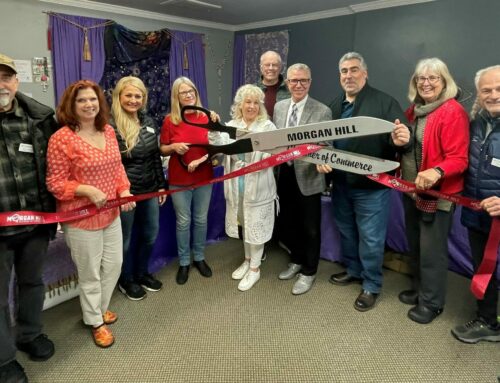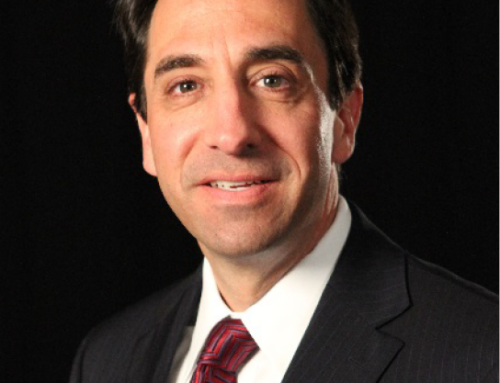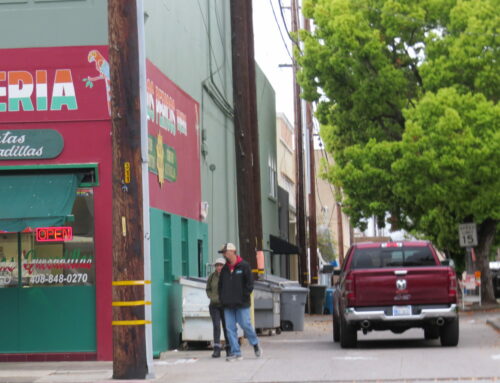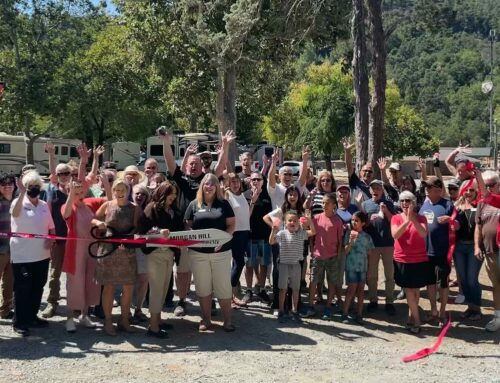Published in the August 15 – 28, 2018 issue of Morgan Hill Life
 Most experts quote the following statistics: If you reach the age of 65, there’s a 50 percent chance you’ll spend some time in a nursing home, and the average length of stay in a nursing home is two and a half years (30 months). Those are national figures.
Most experts quote the following statistics: If you reach the age of 65, there’s a 50 percent chance you’ll spend some time in a nursing home, and the average length of stay in a nursing home is two and a half years (30 months). Those are national figures.
The private pay rate for nursing homes in our area is about $11,500 per month. Some are as high as $13,000 per month. That’s a lot of money for most people. That’s $345,000 to $390,000 for an average length of stay. But what if you stay longer?
And it’s not just about nursing home costs. Many of our clients qualify for Medi-Cal to provide in-home care that allows them to stay at home longer. It’s a wonderful program to help seniors stay at home through financial assistance from the county.
In one of my most extreme cases, the elder and her adult daughter had spent slightly more than $1 million paying for the mother’s nursing home costs before the daughter came to me. She literally broke down in tears when she realized she could have saved nearly one million dollars if she had come to see me several years earlier. The adult daughter and her husband were now getting ready to retire, and an additional $1 million in their bank account would have made a substantial difference in their retirement plans.
Why don’t people plan ahead? It’s a combination of procrastination and lack of knowledge. They don’t know what can legally be done to protect the elder’s assets. Most residents in nursing facilities eventually end up on Medi-Cal, but only after they’ve become impoverished. Why? Lack of knowledge as to what can be accomplished, and lack of proper planning.
Oftentimes they have bad legal documents that actually prohibit their trusted people from making the right decisions when the elder can no longer sign new legal documents.
Whether you earned your money the hard way, or somehow got lucky or even inherited it, you have to ask yourself this one simple question: Would you rather it be used for your spouse and family, or would you rather it go to the nursing home?
The laws of California are very different from the laws of other states when it comes to Medi-Cal. (Medi-Cal is California’s version of Medicaid.) Most people have preconceived notions that they’ll never qualify for Medi-Cal to pay for their nursing home care, or they’ve been told by someone else that it will never work for them. In most cases, that’s simply wrong! This is something we do for families all the time, and it’s an approved legal method of helping families.
Another common problem is that people are complacent with their current legal documents and don’t have them reviewed by an experienced elder law attorney who’s familiar with Medi-Cal.
The people might have some estate planning documents, but they’re unaware that their documents simply won’t work when needed because they haven’t had an experienced elder law attorney review them and explain the basic differences between estate planning and elder law planning.
Most estate planners know little to nothing about Medi-Cal, and they generate documents that simply won’t work if the elder requires support from Medi-Cal.
Don’t risk it. Make sure the proper legal documents are in place long before they’re needed. Protect your family. Having no documents, or having the wrong documents, could cost the family hundreds of thousands of dollars.
James Ward is a longtime South Valley resident who lives in Morgan Hill. He went to law school in New England and earned a post-graduate law degree in Estate Planning at the University of Miami. Jim worked as an Estate Planning and Elder Law attorney in Florida, and then returned to open his law firm focusing on Estate Planning and Elder Law. He has offices in South Valley and Willow Glen.






